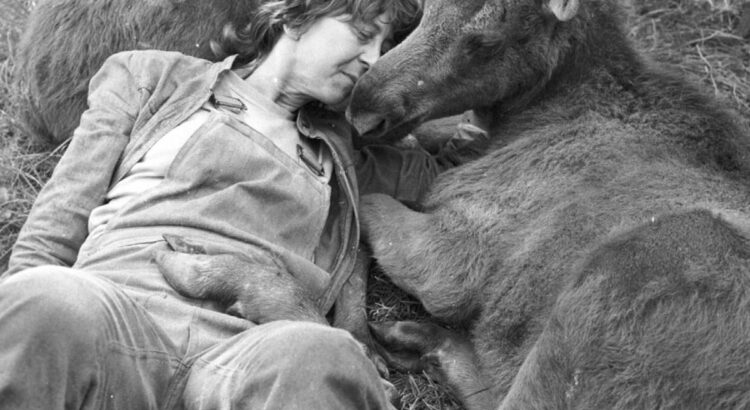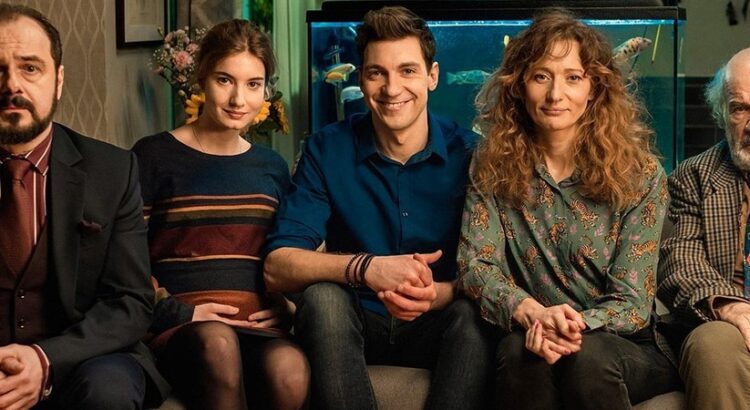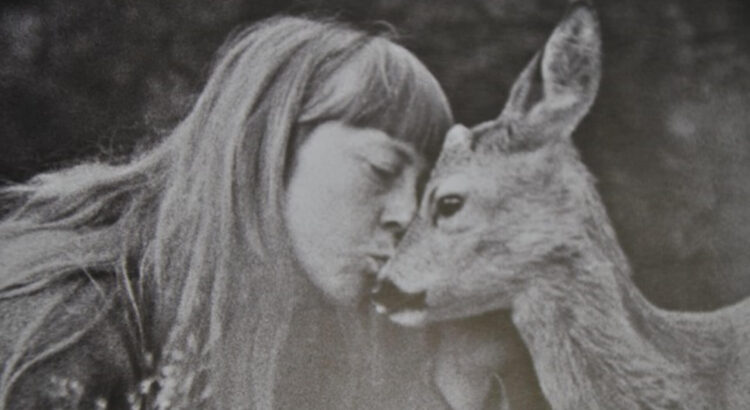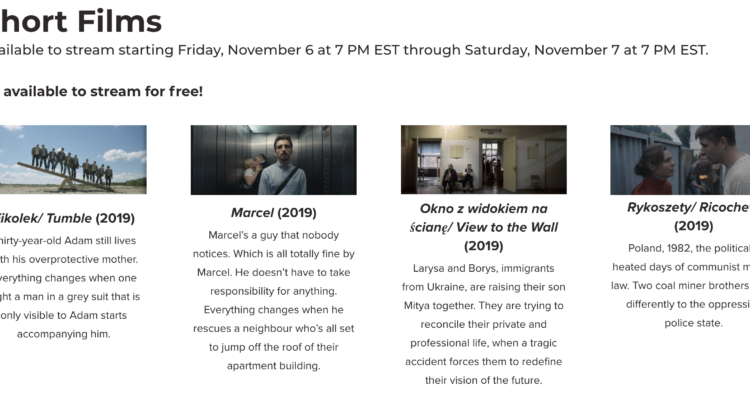2:40 pm • Saturday, November 5, 2022 • State Theater
Simona was a lovely and in-depth documentary exploring the life of Simona Kossak and the marks she left on family, friends, and the broader Polish environmentalist community. A biologist and environmental activist who spent most of her life secluded in the Białowieża* Forest, one of Europe’s last old-growth wildernesses, Kossak’s story is told through conversations among family members, friends, and former colleagues, accompanied by archival photos taken by her life partner, Lech Wilczek.
I appreciated the candidness with which most of the interviewees discussed Kossak’s life. In particular, the ongoing conversation between Ida Matysek (the film’s main narrator) and her mother, Kossak’s niece, created an overarching narrative for the film that focused more on Kossak’s personal relationships with her family than her scientific career or activism. By balancing this narrative with insights from Kossak’s professional acquaintances and friends, not only did I gain a holistic understanding of how Kossak engaged with the world around her, but I learned about the dark as well as light sides of her history.
One of my favorite themes throughout the film was Kossak’s emotional connection with the animals in her care, which the film often represented as intensely maternal. I came to understand that history would be remiss to say Kossak had no children–the devotion she demonstrated for the animals she raised was no less than that of a mother for a human child. In one heartbreaking story, Kossak raised a lynx she named Agata, who was killed in an domestic accident when Kossak’s partner, Lech Wilczek, lost his balance and dropped a bundle of firewood on top of her. Kossak canceled all engagements and grieved for months, and the incident also strained her relationship with Wilczek as if they had experienced the loss of a child.

I am left with questions about Kossak’s affection for animals as compared with her love for the forest at large. As a biologist, her interest was in animal behavior, and in her activism much of her work dealt with preserving the diversity of animal species existing in the Białowieża Forest. I am curious about whether she was equally devoted to the conservation of plant life in the forest. One of the stories included in the film was about her efforts to save dying chestnut trees around the school where she worked, but the film framed these efforts more based on her partiality to the trees for sentimental reasons than for environmental reasons. Much of my reading on the subject of forestry and conservation lately has dealt with the importance of trees in global ecosystems, and I know research on the social relationships between trees is gaining more traction in the scientific community as of late. I wish I could hear Kossak’s take on these issues, and see how she would engage in activism against the accelerating deforestation of her beloved Białowieża Forest today. If I can ever find English editions, I hope to add her books about the forest and her experiences there to my shelf.
*pronounced bee-ah-wo-vee-EDGE-ah







 While I describe that like affection, I was cold throughout. Being artists, the characters were appropriately expressive, the actors who played them able to communicate minute, complicated emotional shifts very well. So much of the hopefulness of starting a family and starting anew as immigrants felt quite tragically earnest. Making a life for yourself is such a fragile thing.
While I describe that like affection, I was cold throughout. Being artists, the characters were appropriately expressive, the actors who played them able to communicate minute, complicated emotional shifts very well. So much of the hopefulness of starting a family and starting anew as immigrants felt quite tragically earnest. Making a life for yourself is such a fragile thing.


